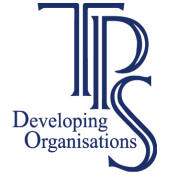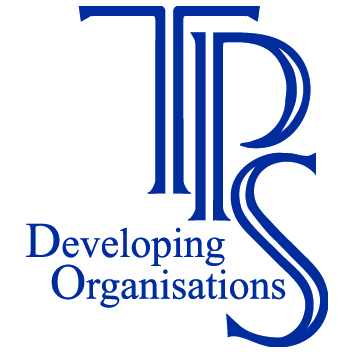In a recent survey conducted on behalf of the Psychological Testing Centre for the British Psychological Society, over 80% of respondents, when asked what drives their choice of tests, chose their own experience or familiarity with an instrument as a factor in their decisions. In other words, what tests or questionnaires I’ve used before is the biggest determinant of what I will use in the future.
While I understand this response, it does make me wonder whether the most appropriate assessment tool is being used for each different type of need. Each assessment need is somewhat different and, even if a fairly generic “big 5” personality measure is required, there are sufficient differences between instruments to warrant an investigation of the alternatives and a choice based on the reason for the assessment, the outputs required, the opportunities that may be offered for development and so on.
At TPS we constantly get requests for mass assessments using a client’s preferred assessment instrument. Of course, we can deliver against such requests but good practice (and good business sense) requires us to challenge the non-specific use of an instrument. What is the business benefit from doing these assessments? What outcomes are required for the person and for the organisation? What information will make a difference and what is the best way to gather and interpret that information?
A further part of our calculation is cost. Does the cost of providing the assessment (the total cost – not just the questionnaire cost) align with the business benefit. There are utility equations specifically developed for that purpose and clients are often surprised to see us making those calculations to check that their assessment plans make good financial sense.
There are good reasons why people stick with what they know. As assessment experts with access to hundreds of instruments, even our consultants will have some “favourites” among their portfolios. We become well practised in interpreting personality profiles. We find that one or other ability test has a better range of norm groups against which to compare test takers. The administration procedure of certain tests makes them easier or harder to fit with other assessment processes. These are all valid considerations as the overall assessment process is more than simply what a test measures.
Sadly, though, many users become constrained by their reliance on a single instrument or those offered by a single supplier. Companies even limit test selection to certain companies because it meets with a procurement policy or because somebody, somewhere is nervous about the use of “non-approved” tests. Some find that training costs become prohibitive and that sticking to a single instrument is a “safe” and economical way forward.
The truth is…it isn’t. Using the right instrument increases the business benefit of every assessment process (there are equations for that, too!). Training staff in a wider range of instruments opens the door to a richer assessment palette which engages end-users and Human Resource professionals alike. Test choice decisions are based on the assessment need rather than what has gone before. And best practice becomes your practice.


